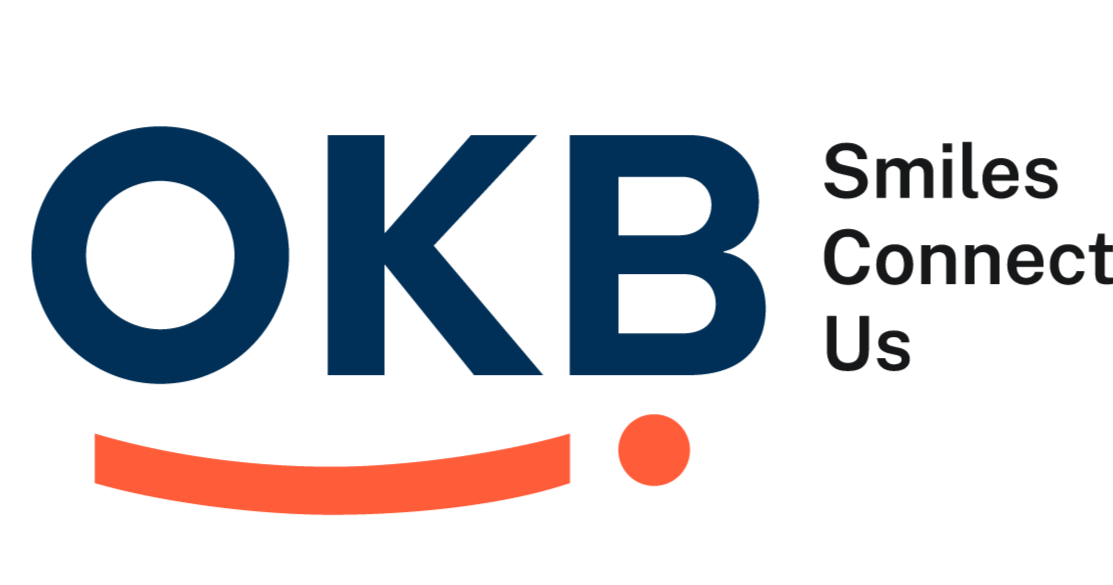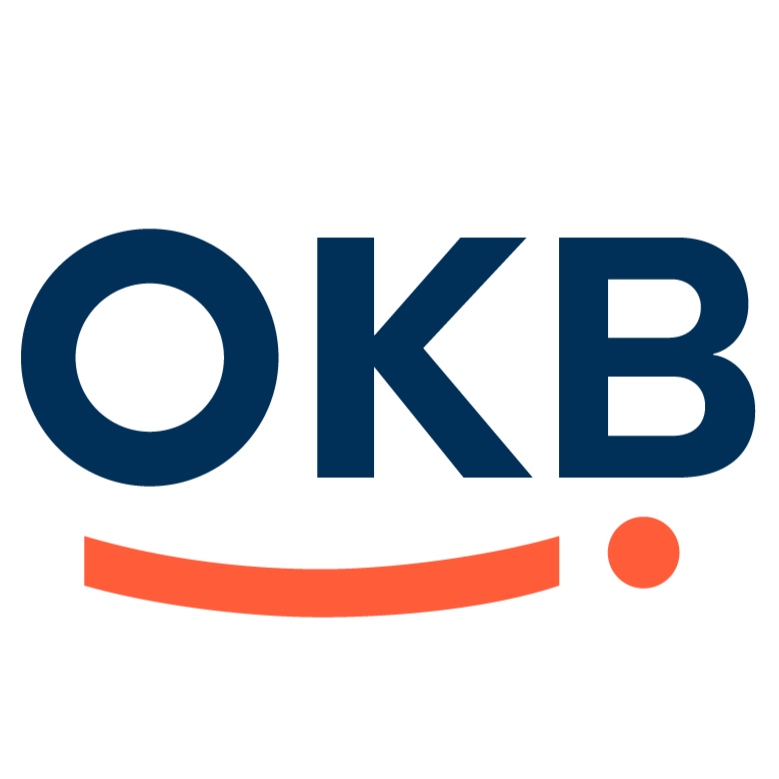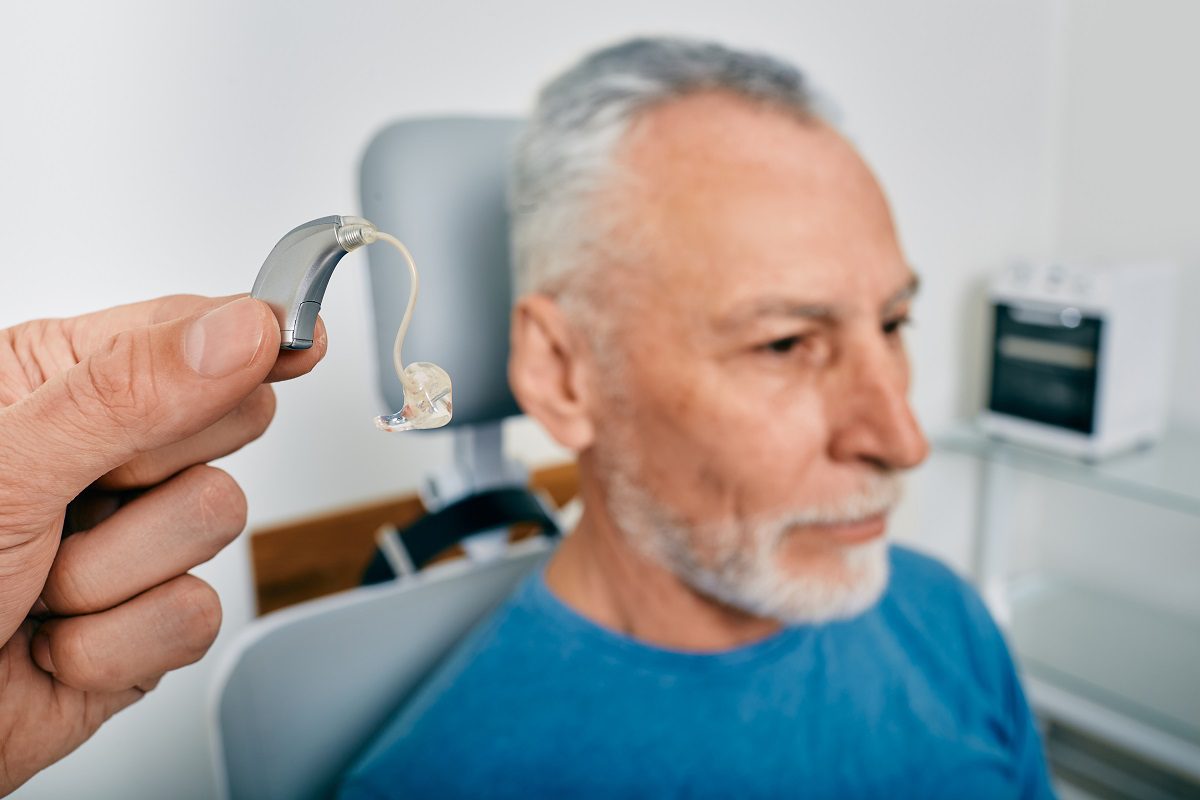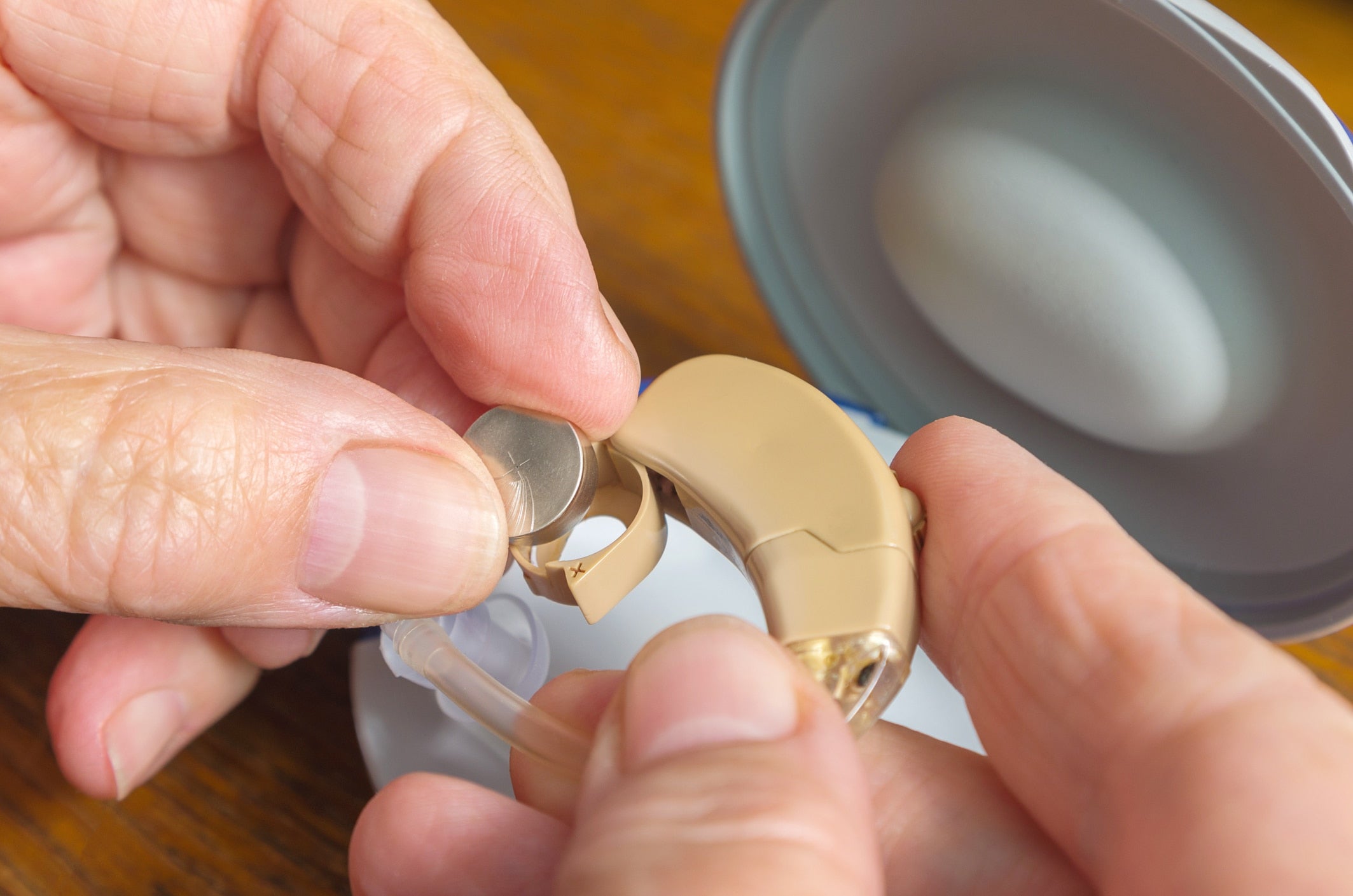Dating and building social confidence can feel like navigating a minefield of first impressions, awkward silences, and trying to show your best self. For anyone coping with hearing loss, these situations can feel even more challenging. Reduced hearing can make it harder to pick up on subtle cues, follow conversations in noisy settings, or feel fully present. Fortunately, the right hearing aid support can be transformative—not just in terms of hearing better, but also in restoring confidence, social engagement, and the ability to connect. In this post we’ll explore how hearing aids can support dating and social confidence, why untreated hearing loss often undermines these things, and practical tips for making the most of hearing technology in social life.
Why hearing matters in the social and dating world
Before we dive into how hearing aids help, it’s useful to understand why hearing is critical in social and dating contexts.
1. Communication is the foundation of connection
When you meet someone new, what draws you in is the shared conversation—eye contact, tone of voice, reaction, laughter, timing. Hearing loss interrupts the flow of that conversation. Missing a phrase, asking for things to be repeated, mishearing a joke—these create friction. That friction can lead to discomfort, hesitation, anxiety, and ultimately avoidance of social situations.
2. Subtle cues and confidence
Beyond the words themselves, so much of connection comes down to non-verbal cues: tone, timing, overlap in conversation, laughter in a group, being able to respond quickly and appropriately. If you’re working hard just to pick up what’s being said, you have fewer mental resources left to register these nuances. You might feel off-balance, less confident, or less able to show up authentically.
3. Social settings often involve noise
First dates, parties, group gatherings, dinner in a restaurant—all of these environments involve background noise, talk from multiple people, overlapping conversations, ambient music. For someone with even mild hearing difficulty, these places can be exhausting and stressful. That fatigue can reduce your willingness to engage or risk stepping into these situations at all.
4. The psychological cost of untreated hearing loss
Research shows that untreated hearing loss is strongly associated with social withdrawal, loneliness, reduced self-esteem, and anxiety around communication. When hearing is impaired, people may self-isolate, skip social events, stop joining conversations, or avoid trying new connections (including dating). That means missing opportunities. On the flip side, improving hearing opens the door to fuller social engagement.
How hearing aids help – and what they bring to social- and dating-confidence
Now let’s explore specifically how hearing aids (with appropriate support) can support social and dating life.
1. Clearer, more effortless conversation
Good hearing aids enable clearer speech understanding—even in noisy settings or when multiple voices are talking. They help reduce the effort needed to follow conversation, meaning less mental fatigue and more ability to engage. When you don’t have to struggle to hear, you can spend more attention on what you’re saying and how you’re showing up—instead of on “Did I hear right?” or “What was that someone said?”
2. Feeling included and connected
When you can follow conversations without constant “What did you say?” or awkward silences, you feel included. That feeling of inclusion is important in social settings and on dates—feeling like you belong, like you can contribute, like you can respond. Hearing aids support that. Feeling included boosts your confidence and helps you show your personality, rather than hiding behind the discomfort of not being able to follow.
3. Reduced listening-fatigue and anxiety
Hearing loss often means listening becomes tiring—more concentration, more effort, more mental load. Over time this leads to avoidance of challenging settings or social situations. Use of hearing aids can reduce that extra load and therefore reduce the anxiety or stress around socializing. (Oklahoma Hearing Center) Because this mental load is lower, you have more energy for the social part—smiling, responding, engaging.
4. Boosted self-esteem and confidence
When you can hear well—and thus participate in conversations, respond appropriately, and avoid repeated “What did you say?”—your self-confidence improves. Multiple sources report that hearing aid users experience improved self-esteem, less isolation, and more willingness to engage socially. In a dating scenario, confidence matters a lot. Feeling confident in communication means you can be more authentic, more present, and less preoccupied with the mechanics of hearing.
5. Being fully present in the moment
If you’re struggling to catch half the conversation or worried you’ve missed something, you may be disconnected from the moment. With hearing aids functioning well, you can shift your attention away from “Did I hear that?” toward “What do I want to say in response?”, “What is being expressed?”, and simply enjoying the interaction. That presence enhances the experience—for you and your date or social-partner.
6. Expanding social opportunities
Because hearing aids lower the barrier to engaging, they can motivate you to participate more—go out to more events, accept invitations, take more risks socially, try new venues. On the dating front, this means you’re not limiting yourself to “safe” situations but might feel comfortable exploring new settings, meeting new people, and being open.
Specific benefits in dating situations
Let’s apply the above in concrete dating/social contexts and see how hearing aids can make a real difference.
Pre-date mindset
-
The decision to say “yes” to a date involves considering how you’ll feel: will I be comfortable? Will I be able to hear them? Will I be able to contribute? With hearing aids, you reduce a major barrier by improving your hearing confidence.
-
You won’t be preoccupied with fear of mishearing something or missing a point—so you can show up as yourself.
On the date: conversation flow
-
Smooth dialogue: You’re better able to hear what your date is saying, pick up on tone and nuance, laugh with them, respond appropriately.
-
Engaging: Not just listening, but contributing—this shifts you from passive to active in the interaction.
-
Non-verbal cues: Because you’re not exhausted trying to decipher words, you’ll have more capacity to notice expressions, body language, humour, unspoken signals.
-
Natural pauses: When you miss words, you often insert awkward pauses or ask for repeats; with better hearing these are fewer, so the interaction feels more seamless.
Public/social venues
-
Many dates happen in noisy restaurants, bars, outdoor cafés, live-music venues. Hearing aids designed for noise environments help you cut through background chatter, focus on the speaker, and feel less isolated.
-
Because you’ll feel more relaxed, you can engage, joke, ask questions, follow group conversation if you’re out with mutual friends.
Following through and building connection
-
After the date, you’ll feel more positive if the interaction felt good—better hearing helps that. That feeling of “I enjoyed being with them” is connected to your confidence and engagement.
-
Being able to participate in mutual activities (watching a movie, attending a concert, going on a walk) becomes easier when hearing is not a barrier.
Group/social gatherings (beyond dating)
-
You might also meet their friends, attend social events, or be in group settings. Hearing aids help you feel comfortable in those larger, more chaotic environments—not just one-on-one.
-
That means you’re not limiting your social life, which in turn broadens your dating pool, your opportunities, and your ability to engage in meaningful connection.
Overcoming common concerns and barriers
Even though hearing aids offer many benefits, people often hesitate. Let’s address common concerns and how to move past them.
“But wearing hearing aids feels like admitting a weakness.”
Stigma is still a major barrier. Some people feel embarrassed or believe hearing loss means they are older, less capable, or less desirable. However:
-
Modern hearing aids are discreet and high-tech—many people wear them without others noticing.
-
Rather than being a “weakness,” proactively addressing hearing shows you value communication, connection, and quality engagement.
-
Wearing them may actually improve your attractiveness because you’re present, confident, and engaged—qualities that matter more than perfect hearing.
“Will people notice the hearing aid or what I say?”
-
Many devices are small or worn behind the ear, and no one needs to focus on them.
-
What people do notice is how you behave: Are you engaged, responsive, comfortable?
-
Better hearing helps reduce behaviors that others might misinterpret (e.g., misunderstanding, awkward responses, zoning out) and so you will actually come across better.
“I’m worried I’ll still miss things.”
-
It’s true that hearing aids aren’t perfect—they don’t restore natural hearing exactly—but they significantly improve the ability to hear, especially speech and conversation.
-
With adjustment time and good professional fitting, results improve. Accept there may be a learning curve—but the social gains are worth it.
“I’m hesitant to use them because of cost / trying something new.”
-
Cost and access vary by region, but many providers offer options and counselling.
-
The cost of not using them can be higher—reduced social life, lower self-confidence, fewer connections, missed dating opportunities.
-
If you treat hearing like a key to social participation rather than just a medical issue, the investment starts to make sense.
“But I’m fine… I just turn up volume or ask people to repeat.”
-
Yes, some people cope—but coping has a cost: fatigue, anxiety, missed content, reduced spontaneity, fewer invites.
-
Research shows untreated hearing loss still leads to poorer outcomes in well-being and social engagement.
-
Using hearing aids proactively is about enhancing your social life, not just managing hearing.
Practical tips: Making the most of hearing aids for social confidence & dating success
Here are actionable tips to help you maximize the benefits:
1. Work with a qualified audiologist and get the right fit
-
Choose a professional who understands your lifestyle (including your social and dating life).
-
Make sure hearing settings support speech clarity, background noise reduction, and social-venue functionality.
-
Ask about features like directional microphones, noise-filtering, Bluetooth streaming (for phone/dating-app audio).
-
Allow time for adjustment—both physically (getting used to the aid) and socially (getting used to engaging with it).
2. Practice wearing them in social settings
-
Start small: use them in a comfortable one-on-one setting (coffee with a friend) then move to a more challenging setting (restaurant, group).
-
Gradually build your comfort zone so that when you go on a date or social event, you’re not in “first time wearing aids” mode; you’re in “today I’m meeting someone” mode.
3. Use hearing-aid features smartly
-
Use streaming for phone calls or dating-app calls, so you hear clearly.
-
If the venue is noisy, use a directional microphone or choose a side with better acoustics (face your date, avoid loud background).
-
Ensure your hearing aid battery or recharge is good so you’re not distracted by technical issues.
4. Choose social/venue environments wisely (especially early on)
-
For an early date, consider settings where you can hear clearly—a quieter café, a walk, a place with moderate volume.
-
As you feel more comfortable, you can branch out to livelier venues.
-
Position yourself so you face your date, and your seating allows you to see their face and read visuals. Visual cues help supplement hearing.
5. Communicate openly (but simply)
-
You don’t need to start with “I wear hearing aids, so…” if you don’t want to make it a big issue. But it can help to say something like: “Just so you know, I use a hearing-aid device, so I may ask you to repeat occasionally—hope you’ll bear with me.”
-
This sets the expectation and removes awkwardness.
-
Your date will likely appreciate your openness and feel more comfortable too.
6. Focus on your strengths
-
The hearing aid is a tool—what really matters is you: your personality, your humour, your interest in the other person.
-
Use your better hearing to be present. Listen actively. Ask thoughtful questions. Show engagement.
-
Don’t let the hearing aid be the focus; let it fade into background so that you shine.
7. Reflect and grow
-
After social events or dates, reflect: What went well? Was hearing comfortable? Did I feel present? What could improve?
-
If you noticed fatigue or difficulty, talk with your audiologist to adjust settings or practice in similar settings.
-
Over time, your increased comfort will translate into higher confidence.
Shifting mindset: From hearing disability to social empowerment
A major aspect of social confidence is mindset. Here’s how you can reframe hearing-aids and hearing loss in a positive way:
Reframe challenges as solvable
Instead of thinking “My hearing loss limits me,” shift to “I manage my hearing proactively so I can engage fully.” Use the hearing aid not as a symbol of limitation but as a tool of empowerment.
Embrace vulnerability and authenticity
Many people fear that admitting a hearing challenge makes them less desirable. In truth: openness and authenticity are attractive. It shows you’re self-aware, proactive, and choose connection.
You can frame it as part of your story—“I wear this to help me hear better so that I can enjoy what I love: conversations, laughter, exploring, meeting interesting people.”
Celebrate connection, not just hearing
The goal isn’t just hearing perfectly—it’s connection, engagement, being present, being social, being able to say “yes” to invitations, to meet new people, to enjoy dating. The hearing-aid becomes a vehicle for that.
Accept the learning curve
If you’re new to hearing aids, give yourself grace. It’s okay to have adjustment moments. Accepting that you’re learning gives you freedom to experiment, try different settings/venues, and grow your confidence gradually.
Real stories & research – the proof is in the outcomes
Research backs what many users report: that hearing aids make a measurable difference to social confidence and connection.
-
A large review found adults using hearing aids or cochlear implants were more socially engaged and felt less isolated than those who didn't.
-
Studies show that hearing aid use is associated with reduction in feelings of loneliness within a matter of weeks.
-
Reports show that hearing-aid users experience improved self-confidence, better mood, and higher quality of life.
-
One hearing-care piece specifically highlights that hearing aids restore confidence so you can stay independent, feel safe, and actively participate.
These aren’t just about hearing—they’re about life, social connection, participation, and dating. Because connection drives confidence, and confidence drives more connection.
Summary: Why this matters for you
-
Hearing is a foundational part of how we connect, communicate and build relationships.
-
Untreated hearing loss undermines social confidence, makes dating harder, and reduces opportunities.
-
Hearing aids are not just hearing tools—they are social tools. They help you participate, engage, respond, and feel included.
-
In dating, they help you show up fully: be yourself, listen fully, respond with confidence, and connect at a deeper level.
-
With the right mindset and support, hearing aids allow you to expand your social life, feel more confident, and enjoy the process of meeting people.
-
The investment—of getting assessed, fitted, practicing usage—really pays off in terms of increased social participation, fewer missed opportunities, and stronger self-esteem.
Next steps – putting this into action
If you feel that hearing might be a barrier to your social or dating life, here’s a suggested action-plan:
-
Schedule a hearing assessment with a qualified audiologist. Don’t just assume “I can manage” if you’re frequently missing conversations, withdrawing or feeling anxious.
-
Discuss your lifestyle and social goals (dating, going out with friends, group events) so the audiologist can recommend hearing‐aid features tailored for those situations.
-
Commit to the adjustment period: wear your hearing aids in everyday situations, practice with friends or low-key dates, gradually increase to more challenging venues.
-
Use hearing-aid features consciously: streaming for calls, directional mic in loud places, using visual cues like facing your interlocutor.
-
Reflect on social events: What felt easy? What felt hard? Adjust settings or strategies accordingly.
-
Be open with your date (when appropriate) about your hearing-aid usage—it can remove awkwardness and foster connection.
-
Expand your social comfort zone: Accept more invites, engage in group settings, try new venues. Confidence builds with experience.
-
Maintain your hearing-aid care: keep them cleaned, batteries/recharge charged, schedule follow-ups with your audiologist so you always perform your best socially.
Closing thoughts
Dating, making new friends, expanding your social life—it’s about showing up fully, being present, feeling confident, and connecting. Hearing shouldn’t be the silent barrier standing in your way.
By acknowledging your hearing needs and embracing the support of hearing-aid technology, you unlock a path to greater social freedom. You shift from being cautious and restrained to being confident, engaged, and open. The conversation stops being about “Can I hear?” and starts being about who you are, what you bring, and how you connect.
If you’re ready to say “yes” to more social confidence, more dates, more meaningful connections—then treating your hearing proactively is a powerful step. And hearing aids aren’t just about hearing—they’re about being heard, being connected, and being confident. So step into that space and let your conversation, your personality, and your presence shine.






分享:
Does Medicare Part B Cover Hearing Tests?
Parenting with Hearing Aids: Balancing Family Life and Hearing Health